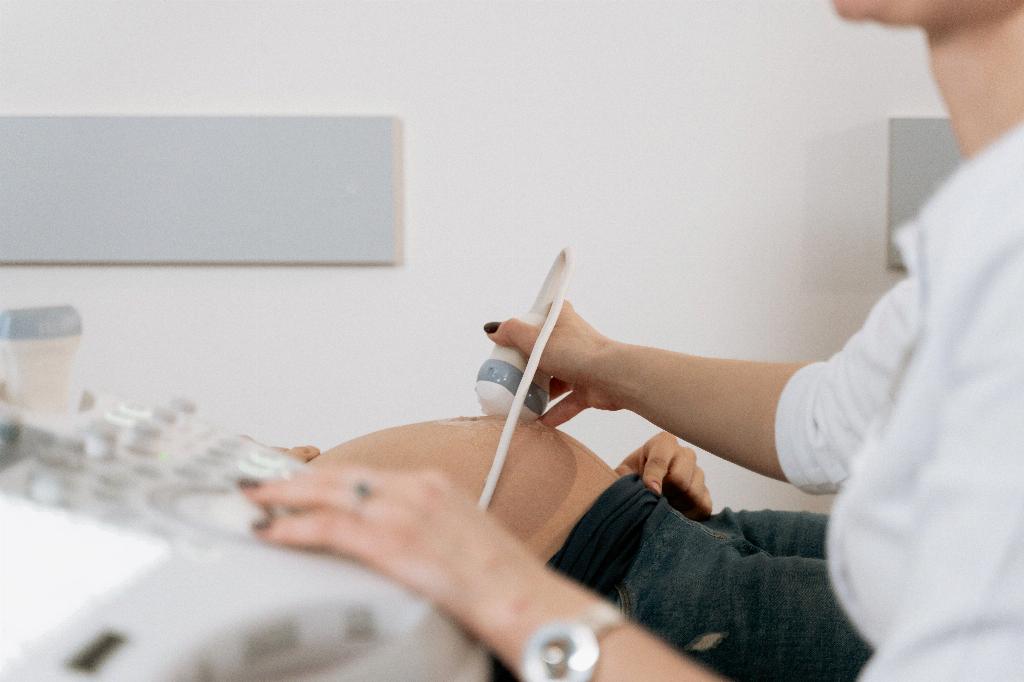When it comes to taking a pregnancy test, accuracy is key. Having a clear, valid result can provide peace of mind or important information about your current situation. However, there are instances where a pregnancy test may give an invalid result, leaving you wondering why this happened. Let’s delve into the reasons behind an invalid pregnancy test result.
1. Insufficient Urine
One common reason for an invalid pregnancy test is not using enough urine on the test strip. The absorbent tip needs to be thoroughly saturated for the test to work correctly. If there isn’t enough urine present, the test may not be able to detect the hCG hormone, resulting in an invalid result.
2. Expired Test
Like many products, pregnancy tests have an expiration date. Using an expired test can lead to inaccurate results or even an invalid reading. It’s essential to check the expiration date before taking the test to ensure its reliability.
3. Faulty Test
Occasionally, a pregnancy test may be defective or faulty, causing it to produce an invalid result. This can happen due to manufacturing errors or damage to the test kit during transportation or storage. If you suspect a faulty test, it’s best to try a new one for accurate results.
4. Testing Too Early
Another reason for an invalid pregnancy test is testing too early in the pregnancy. The hCG hormone levels may not be high enough to detect in the early stages, leading to a false negative or invalid result. Waiting a few days and retesting can provide more accurate results.
5. Contaminated Sample
Contaminants in the urine sample can also interfere with the test results, making them invalid. It’s important to follow the test instructions carefully and use a clean sample to avoid any potential issues with the test outcome.
6. Improper Storage
How you store your pregnancy test can also impact its accuracy. Exposure to extreme temperatures or moisture can damage the test kit, leading to invalid results. Storing the test in a cool, dry place can help maintain its integrity.
7. Medical Conditions
Some medical conditions, such as certain types of cancer or ovarian cysts, can cause elevated hCG levels in the body, potentially affecting the test results. If you have concerns about your health or suspect a medical condition, consulting a healthcare provider is recommended.
8. Medications
Certain medications, such as those containing hCG or fertility treatments, can interfere with pregnancy test results, leading to inaccuracies or invalid readings. It’s vital to disclose any medications you are taking to your healthcare provider for proper interpretation of the test results.
9. Evaporation Lines
Evaporation lines, which can sometimes appear on a pregnancy test after the recommended reading time, may be mistaken for a positive result. These lines are caused by evaporation of urine on the test strip and can lead to confusion about the test outcome, resulting in an invalid reading.
10. User Error
Lastly, user error can play a significant role in obtaining an invalid pregnancy test result. Not following the test instructions correctly, such as timing or reading the results too early or too late, can lead to inaccuracies. It’s crucial to carefully read and adhere to the test guidelines for reliable results.
11. Stress
Stress and anxiety can also impact hormone levels in the body, potentially affecting the accuracy of a pregnancy test. It’s essential to remain calm and relaxed when taking the test to minimize any external factors that could influence the results.
12. Recommendations
Overall, ensuring the reliability of a pregnancy test result involves following the test instructions correctly, using a fresh sample of urine, checking the expiration date, and being aware of any factors that may influence the results. If you receive an invalid test result, consider the above reasons and consult a healthcare provider for further guidance.

